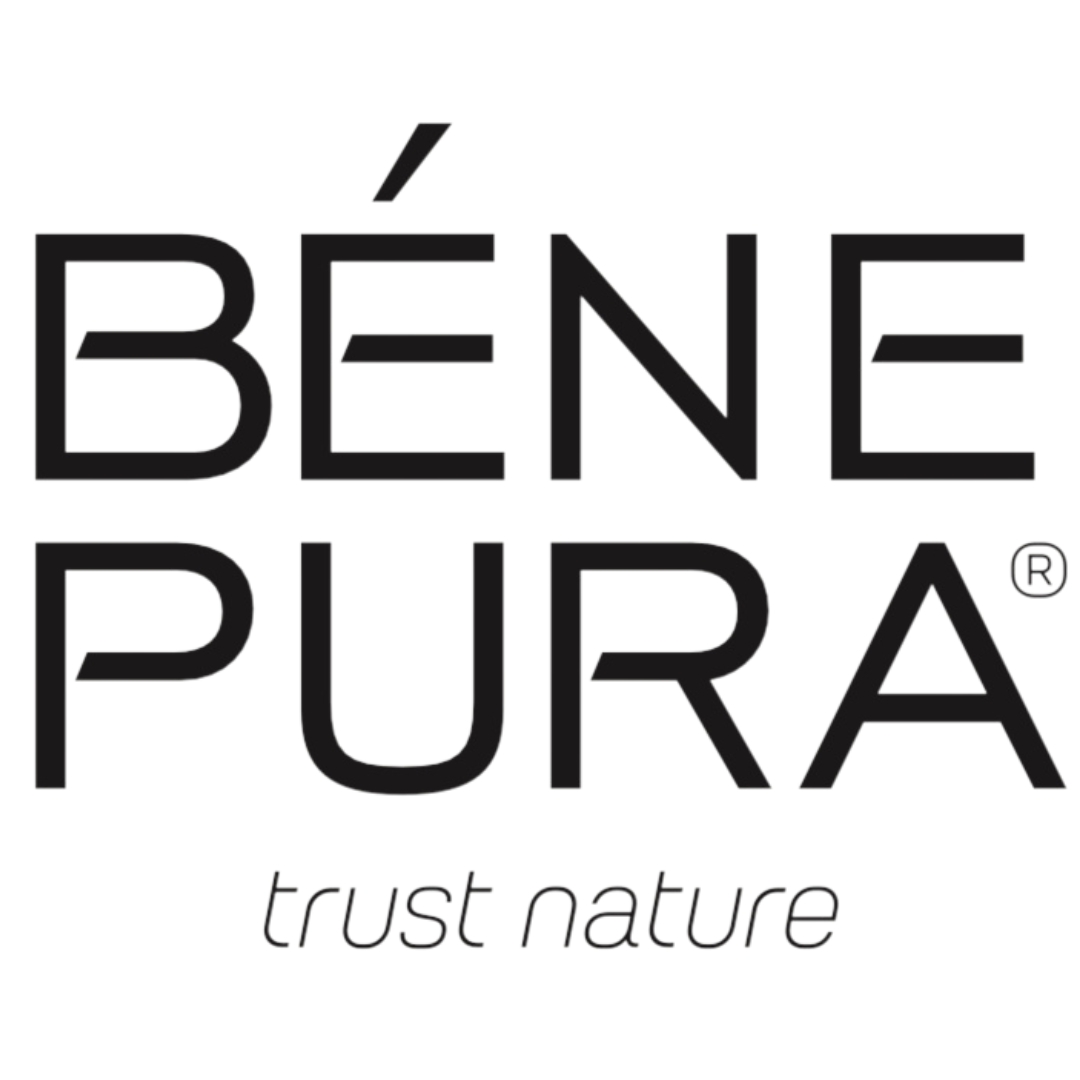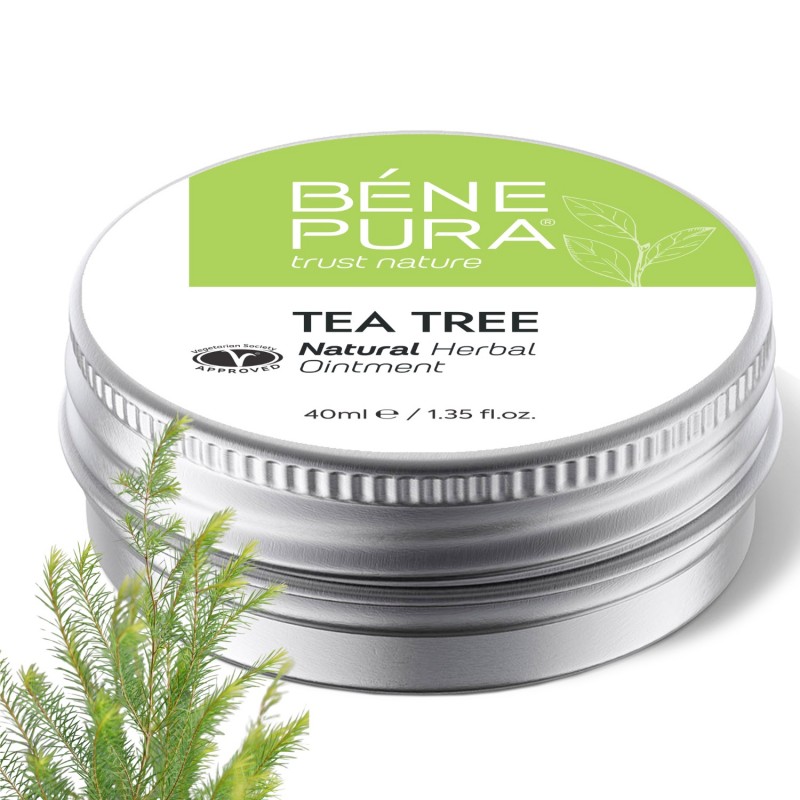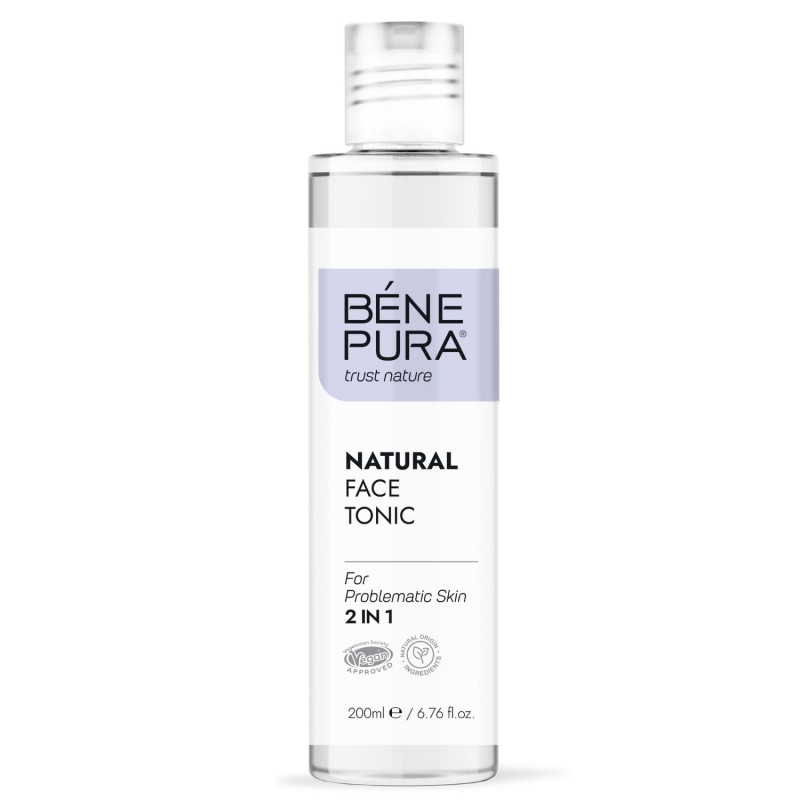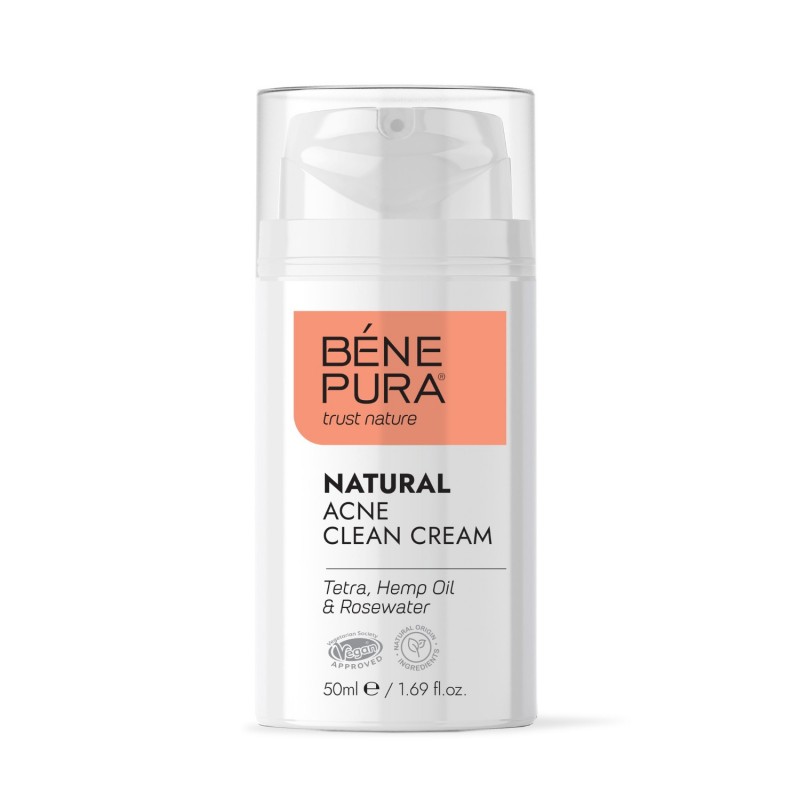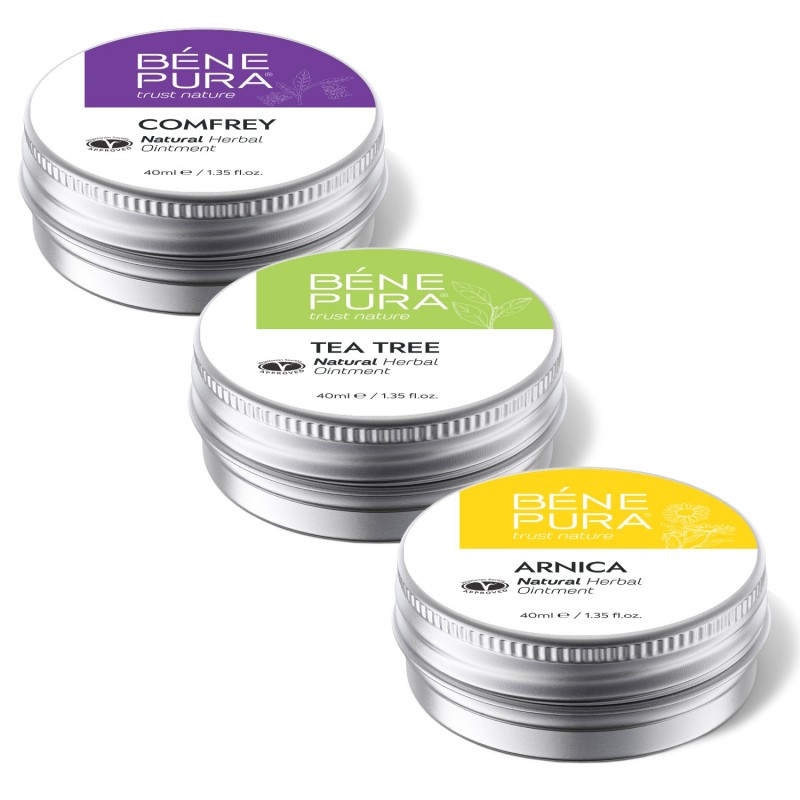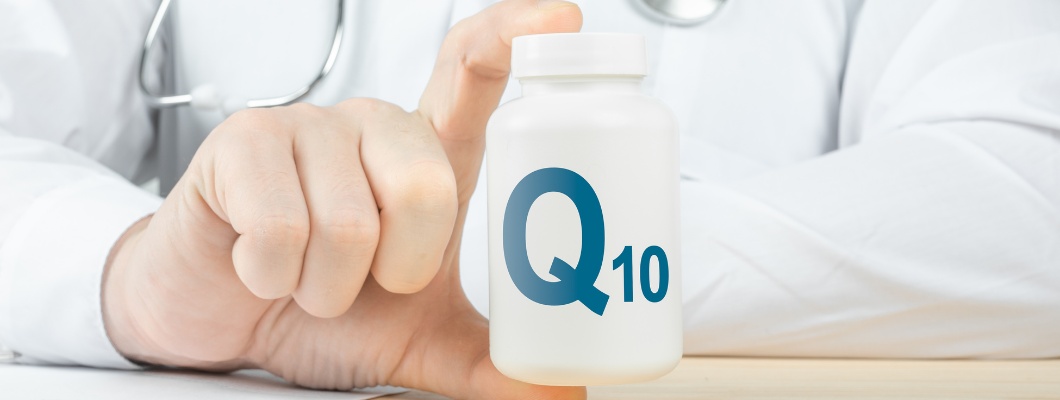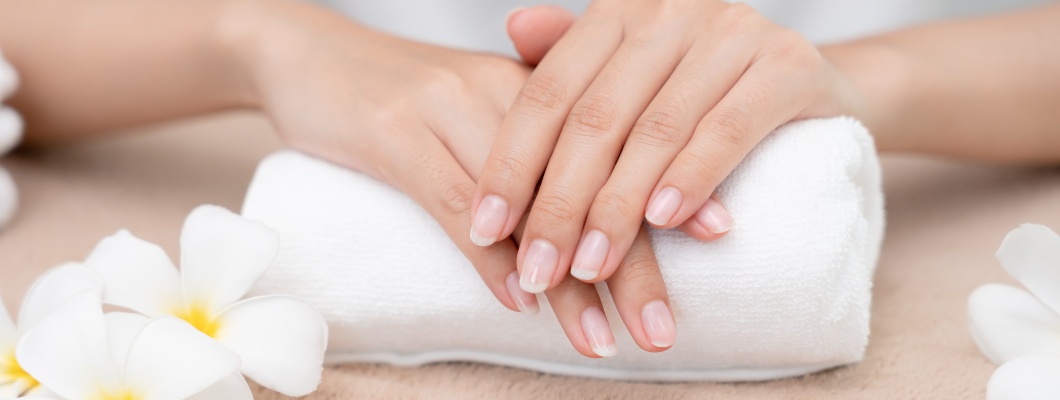Tea Tree: A Universal Tool for Clean Skin and a Healthy Body
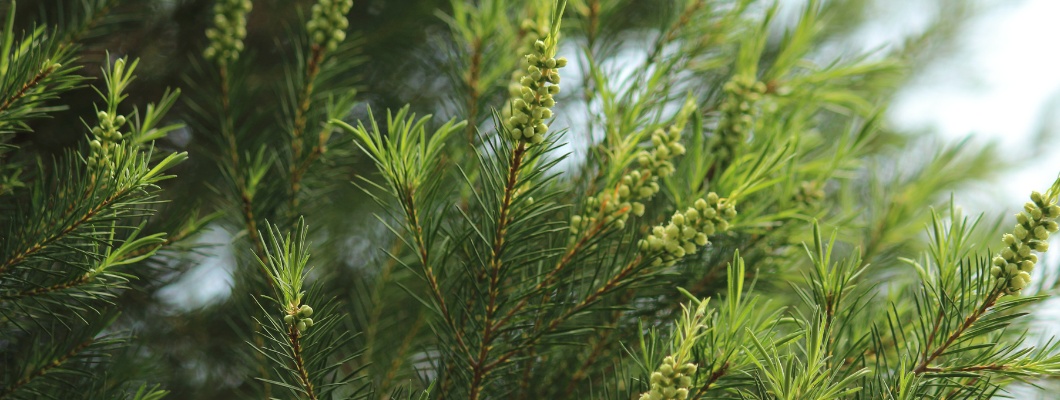
Tea tree is among the most well-known natural remedies for skin, hair, and overall health.
Tea tree essential oil is valued for its antiseptic, anti-inflammatory, and antimicrobial properties. It is used in both natural medicine and cosmetics, offering a natural solution to a number of health and beauty problems.
In this article we will examine in detail all the different benefits of Tea tree, its applications and ways to use it safely.
Table of Contents
1. What is Tea Tree?
The tea tree, known as Melaleuca alternifolia, is an evergreen tree or shrub native to Australia. It belongs to the Myrtaceae family and is part of the rich flora of that continent. The tree is distinguished by its narrow, pointed leaves and small white or cream colored flowers.
Tea trees thrive in a variety of environments, preferring moist and marshy areas. Its hardiness and ability to grow in challenging conditions are among the reasons it is so popular with the aboriginal population. They traditionally use its leaves by crushing them and applying them directly to the skin to treat infections and wounds.
The chemical composition of Tea Tree oil includes over 100 active compounds, the main ones being terpenes and terpinen-4-ol. In addition to its antimicrobial properties, Tea tree also has a strong aroma that is used for aromatherapy and relaxation.
Interesting facts and legends about Tea tree:
- Captain James Cook, the famous explorer, named the plant "tea tree" after seeing the local Aborigines making a decoction out of its leaves. They drank it as tea, believing that it protected them from disease and gave them strength;
- Tea tree is associated with the ancient warriors of the Australian tribes. They used the leaves to disinfect wounds, believing that the plant was a gift from the spirits of nature. The leaves were also used in ritual ceremonies, burning them to purify the spirit and the environment.
Today, Tea tree is an integral part of natural medicine and cosmetics. It is often used in cleaning products and disinfectants as it offers a natural alternative to chemicals.
2. Benefits of Tea tree for The Skin
Tea tree is indispensable in skin care, thanks to its unique composition and wide range of applications. It is a preferred remedy not only for treating specific skin problems, but also for maintaining healthy and beautiful skin in the long term.
Tea tree:
Acts as a cleaning agent
Tea tree cleanses the skin of dirt and toxins. The oil penetrates deep into the pores, removing dead cells and excess sebum. Suitable for people with oily skin.
Protects against skin infections
It is an excellent natural barrier against bacteria and germs. With regular use, it helps prevent infections such as folliculitis and minor skin inflammations.
Relieves insect bites
Tea tree is an effective remedy for relieving itching, swelling and irritation after insect bites or other irritants. A Tea tree ointment is a very convenient way to deal with irritations.
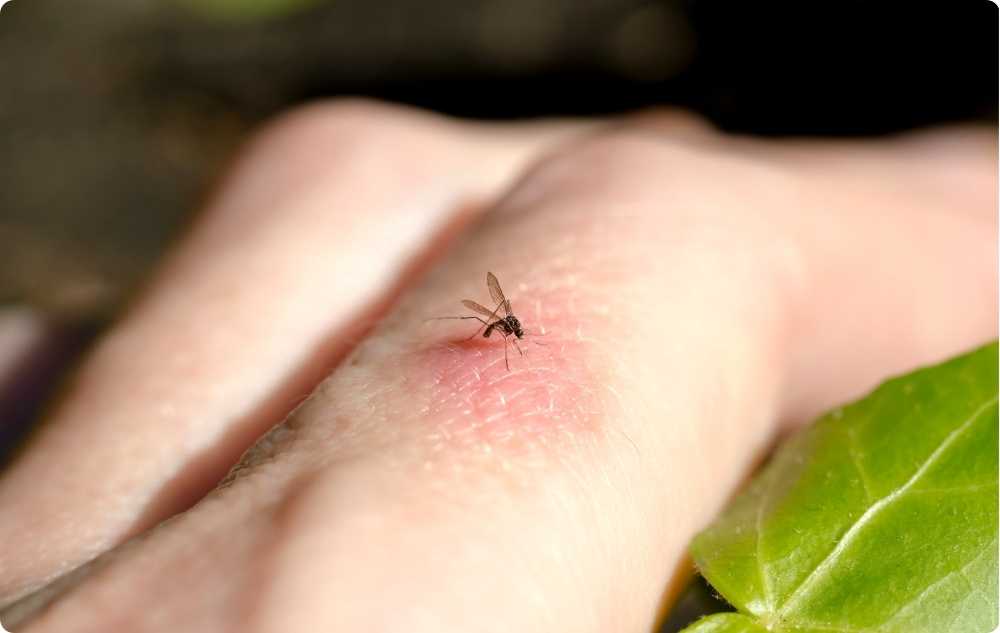
Relieves skin allergies
Tea tree oil can reduce itching and redness caused by various types of skin allergies.
A natural remedy for tone and freshness
You can use a solution of a few drops of Tea tree oil in water as a facial toner. This solution restores the freshness of the skin and leaves it nourished and hydrated.
Creates a balanced environment for the skin
Tea tree regulates the pH level of the skin which is important for preventing dehydration and reducing the risk of skin problems. It keeps the skin in optimal condition and strengthens its natural barrier.
3. Benefits of Tea Tree for The Hair
Tea tree keeps hair healthy, strong and beautiful. Its properties make it a universal solution for a multitude of scalp and hair problems.
1. Improves scalp health
Tea tree has the ability to cleanse the scalp of oil, dandruff and dirt. It not only improves scalp hygiene, but also creates a favorable environment for new hair growth.
2. Soothes irritated scalp
Tea tree oil is known for its soothing properties. It can help with itching, redness and flaking caused by dryness or other irritations.
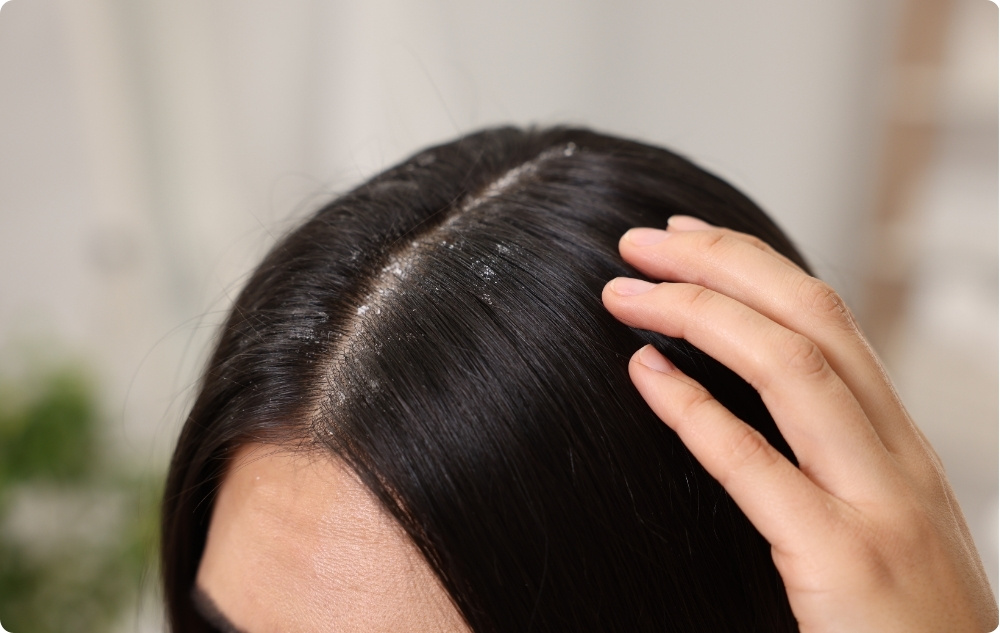
3. Stimulates circulation
By gently massaging your scalp with Tea tree oil you can improve blood circulation. This leads to better nourishment of the hair follicles and stimulates the growth of healthier and stronger hair.
4. Eliminates toxins
Daily pollution can lead to a build-up of toxins in your hair. Tea tree acts as a powerful detoxifier, helping to remove these harmful substances and restore your hair's natural vitality.
5. Reduces oiliness
Tea tree is extremely effective in controlling excess oiliness of the hair and scalp. Its active ingredients help regulate sebum secretion without over-drying the skin.
4. Health Benefits of Tea Tree
Tea tree has numerous uses in supporting overall health. In addition to boosting the immune system, its properties make it a suitable remedy for relieving stress and increasing energy.
Improves your emotional state
Tea tree oil aromatherapy can help relieve stress, anxiety and fatigue. Its refreshing scent has been shown to improve concentration and mood.
Strengthens the respiratory system
Tea tree oil inhalations are effective for relieving breathing problems caused by colds, bronchitis or sinusitis. They act as a natural decongestant for the respiratory tract.
Strengthens the immune system
Tea tree oil is a natural immune booster. Thanks to its antimicrobial properties, it helps the body cope with bacterial, viral and fungal infections. Regular use in aromatherapy or as a bath additive stimulates the body's defenses and protects against frequent colds.
5. How do I use Tea Tree safely?
Tea tree is a powerful natural remedy, but its use requires caution to avoid unwanted side effects.
Always dilute the oil
Never use Tea tree oil directly on your skin or hair. Dilute it with a carrier oil (coconut, almond, or olive oil) at a ratio of 1:10.
Perform an allergy test
Apply a small amount of diluted oil to the inside of your wrist. If there is no reaction within 24 hours it is safe to use.
Avoid contact with the eyes
The oil can cause severe irritation. In case of contact with eyes, rinse with water.
Avoid internal use
Tea tree oil should not be taken orally as it can be toxic if swallowed.
Store away from light and heat
Improper storage can reduce efficiency and change the chemical composition of the oil.
Consult a doctor
If you have allergies, chronic conditions or are pregnant, discuss the use of Tea tree oil with a healthcare professional.

6. Homemade Recipes with Tea Tree
1. Anti-acne face mask
Required ingredients:
- 1 tablespoon honey;
- 2 drops Tea tree oil.
How to make it:
- Mix the honey and oil in a small bowl;
- Apply the mixture to a clean face;
- Leave for 10 minutes then rinse with warm water.
2. Anti-dandruff shampoo
Required ingredients:
- 2 tablespoons neutral shampoo;
- 5 drops of Tea tree oil.
How to make it:
- Mix ingredients in your palm or small bowl;
- Apply to wet hair and massage into scalp;
- Rinse well and use regularly.
3. Soothing bath
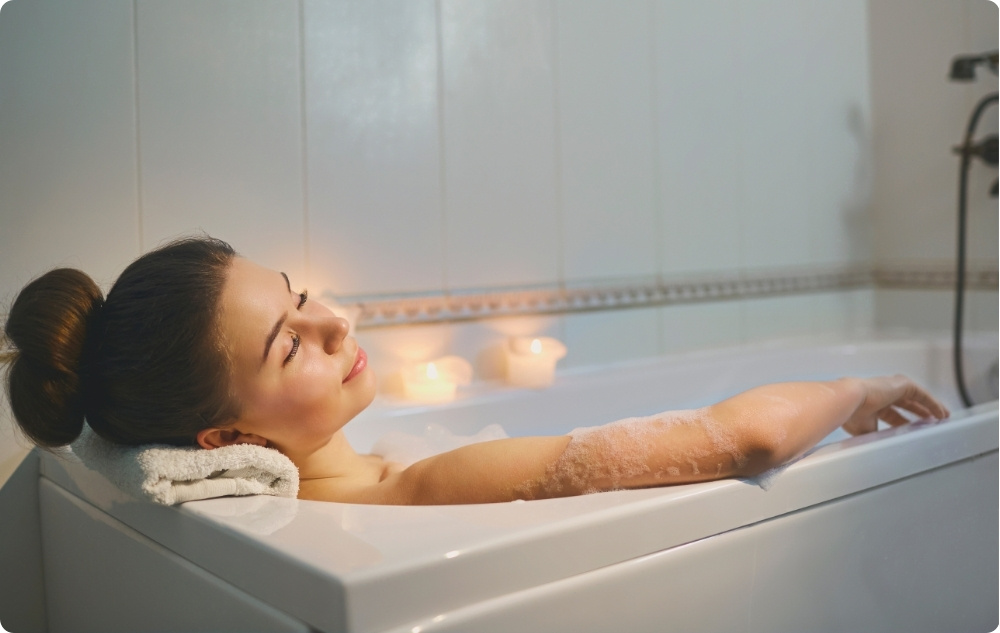
Required ingredients:
- 10 drops of Tea tree oil;
- 1 cup Epsom salt.
How to make it:
- Add the oil and salt to a bathtub filled with warm water;
- Stir well to dissolve;
- Soak for 20 minutes for complete relaxation.
4. Antiseptic spray
Required ingredients:
- 1 cup distilled water;
- 10 drops Tea tree oil;
- 5 drops Lavender essential oil.
How to make it:
- Mix all ingredients in a spray bottle;
- Shake well before each use;
- Use to clean surfaces or freshen the air.
7. Where can I find Tea Tree Oil and How do I Choose the Right One?
Tea tree oil is widely available on the market, but choosing a quality product is essential.
Where to find Tea tree oil
- Pharmacies: Many pharmacies offer 100% pure Tea tree oil. These products are often tested and certified;
- Organic stores: Health food and organic stores are an excellent source of organic, high-quality tea tree oil;
- Specialty cosmetics stores: Some natural cosmetics brands offer Tea tree oils with guaranteed quality.
How to choose the right oil
- 100% Pure Oil: Make sure the product is 100% pure and free of added synthetics. The label should clearly state "Melaleuca alternifolia";
- Quality Certifications: Look for labels like "organic" or "bio" that guarantee that the product was produced without pesticides and chemicals;
- Packaging: The oil should be in a dark glass bottle that protects it from light and preserves its properties;
- Origin: Australia is the main producer of high-quality Tea tree oil. Choose products that indicate the country of origin;
- Terpinen-4-ol and cineole: Pay attention to the content of terpinen-4-ol (over 30%) and a low percentage of cineole (under 15%), which guarantee powerful antiseptic properties without severe irritation.
8. Conclusion
Tea tree is useful for both daily care and for solving specific health problems. Its antiseptic, anti-inflammatory and restorative properties make it an indispensable part of natural medicine and cosmetics.
Why choose Tea Tree?
- It provides a natural alternative to synthetic drugs and cosmetic products;
- Provides a safe and effective way to maintain skin, hair and overall well-being;
- Easy to use at home, it can be included in many home recipes and care rituals.
SOURCES:
1. Healthline: 14 Everyday Uses for Tea Tree Oil (28.01.2025)
2. Mayo Clinic: Tea tree oil (28.01.2025)
